
Batroun: Lebanon's Coastal Gem
Batroun, a charming coastal city in Lebanon, offers a unique blend of ancient history and modern attractions. Nestled along the Mediterranean Sea, Batroun boasts pristine beaches, vibrant nightlife, and a welcoming atmosphere. Wander through its narrow, cobblestone streets and discover a city steeped in history, with landmarks dating back to Phoenician and Roman times. Among Batroun's most notable sites is the ancient Phoenician sea wall, a testament to the city's long maritime history. Nearby, you will find the historic St. Stephan's Cathedral and the Maronite Church of Our Lady of the Sea, both offering stunning architecture and serene spots for reflection. For a taste of local culture, visit the lively Souk, where you can shop for traditional crafts, fresh produce, and unique souvenirs. Beyond its historical treasures, Batroun is also a hotspot for water sports enthusiasts. The clear, turquoise waters are perfect for swimming, windsurfing, and paddleboarding. After a day of adventure, relax at one of Batroun's many seaside cafes and restaurants, where you can savor fresh seafood and Lebanese delicacies while enjoying breathtaking sunset views.
Local tips in Batroun
- Visit early in the morning to enjoy the landmarks before the crowds arrive.
- Try the local lemonades; Batroun is famous for its refreshing citrus drinks.
- Bring comfortable walking shoes for exploring the cobblestone streets.
- Check out the local festivals and events for an authentic experience.
- Rent a bike to explore the scenic coastal routes.
- Plan a visit during the week to avoid the weekend rush at popular spots.
Batroun: Lebanon's Coastal Gem
Batroun, a charming coastal city in Lebanon, offers a unique blend of ancient history and modern attractions. Nestled along the Mediterranean Sea, Batroun boasts pristine beaches, vibrant nightlife, and a welcoming atmosphere. Wander through its narrow, cobblestone streets and discover a city steeped in history, with landmarks dating back to Phoenician and Roman times. Among Batroun's most notable sites is the ancient Phoenician sea wall, a testament to the city's long maritime history. Nearby, you will find the historic St. Stephan's Cathedral and the Maronite Church of Our Lady of the Sea, both offering stunning architecture and serene spots for reflection. For a taste of local culture, visit the lively Souk, where you can shop for traditional crafts, fresh produce, and unique souvenirs. Beyond its historical treasures, Batroun is also a hotspot for water sports enthusiasts. The clear, turquoise waters are perfect for swimming, windsurfing, and paddleboarding. After a day of adventure, relax at one of Batroun's many seaside cafes and restaurants, where you can savor fresh seafood and Lebanese delicacies while enjoying breathtaking sunset views.
When is the best time to go to Batroun?
Iconic landmarks you can’t miss
Batroun Old Souk
Explore the historic Batroun Old Souk: a vibrant marketplace with boutique shops, artisan crafts, and traditional Lebanese culture.
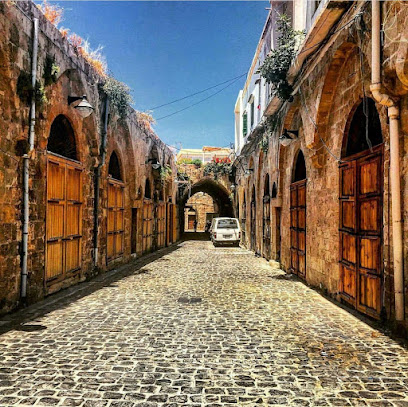
Arnaoon Village
Experience Lebanese culture, cuisine, and nature at Arnaoon Village, a charming destination near Batroun's historic Msaylha Fortress.

Pierre & Friends
Unwind at Batroun's iconic beach bar: fresh seafood, stunning views, and a laid-back vibe await!
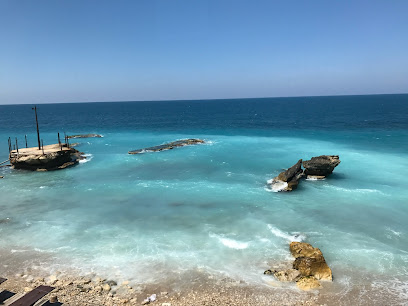
Hilmi's House of Lemonade
Experience the refreshing taste of tradition at Hilmi's House of Lemonade, a Batroun landmark since 1888. A must-try for every visitor!
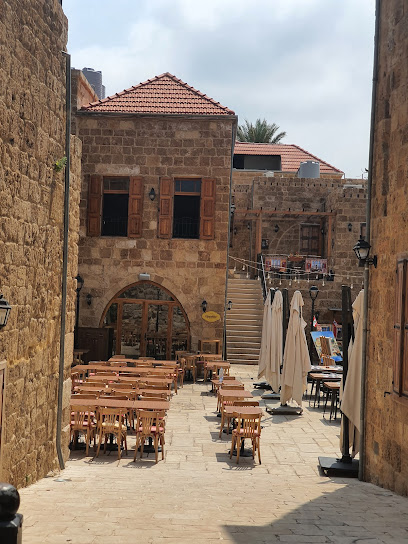
Colonel Brewery And Distillery
Experience the essence of Lebanese brewing culture at Colonel Brewery and Distillery in Batroun, where craft beers and local cuisine come together.
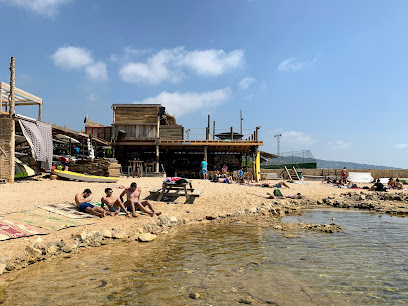
San Stephano Resort
Escape to San Stephano Resort in Batroun: A luxurious coastal haven with stunning views, private beach, diverse dining, and endless recreation.
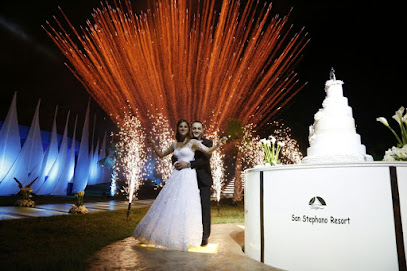
Mseilha Fort
Explore Mseilha Fort, a historic Lebanese fortress offering stunning views and a glimpse into the region's rich military past.
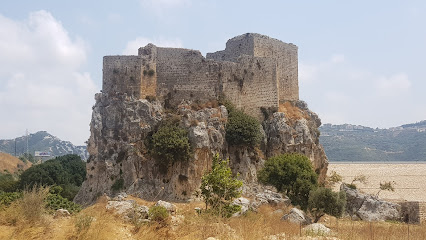
Sawary Resort and Hotel
Experience coastal charm at Sawary Resort and Hotel in Batroun, Lebanon, with its private beach, Mediterranean cuisine, and stunning sea views.
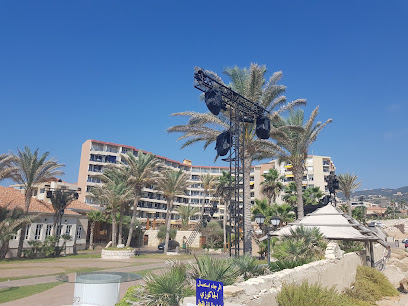
Batroun Village Club
Experience Lebanese hospitality with stunning views, sports, and relaxation at Batroun Village Club in the hills of Batroun.

Crepaway Batroun
Enjoy a diverse menu in a lively atmosphere at this popular Batroun diner, perfect for a casual meal with family and friends by the sea.
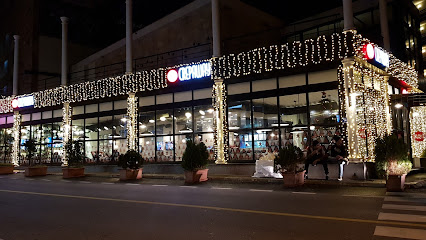
Blubay Beach Batroun
Experience the vibrant coastal beauty of Batroun at Blubay Beach, a perfect blend of relaxation, entertainment, and stunning sea views.
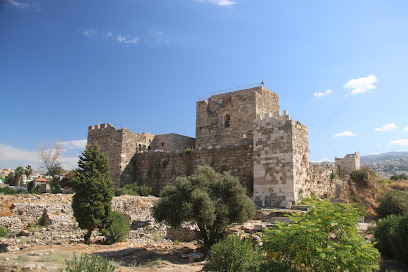
Blue Marlin Batroun
Experience authentic Lebanese hospitality in a bohemian-chic guesthouse, steps away from Batroun's beautiful Mediterranean coast.
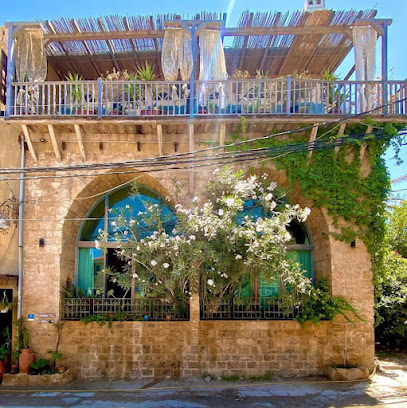
Titans Batroun
Experience breathtaking sunset views and crafted cocktails at this vibrant rooftop lounge in the heart of Batroun's Bahsa Bay.
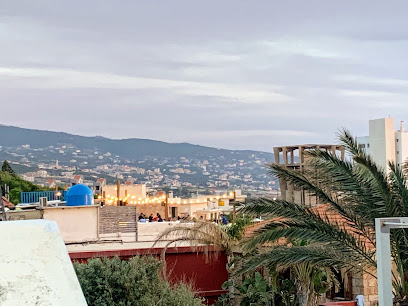
Orchid Beach Lounge Batroun
Experience luxury and tranquility at Orchid Beach Lounge in Batroun, Lebanon – a serene coastal retreat with lavish service and stunning views.
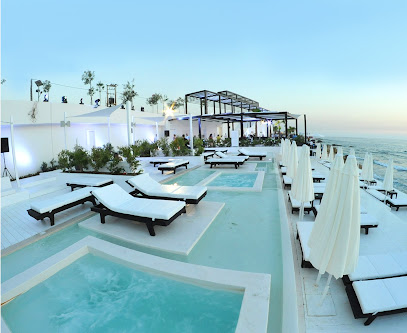
Forn Merchak
Experience authentic Lebanese flavors at Forn Merchak in Batroun, serving traditional manakish since 1868.
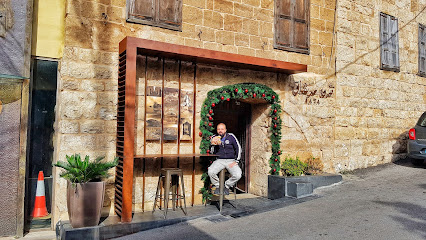
Unmissable attractions to see
Zaituna Bay
Experience the vibrant atmosphere of Zaituna Bay, a stunning marina in Beirut offering dining, shopping, and picturesque Mediterranean views.
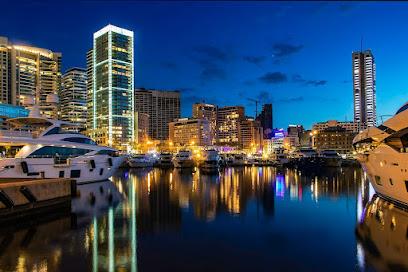
Al Raouche Rocks
Discover the breathtaking Al Raouche Rocks in Beirut, a stunning natural landmark offering spectacular views and rich cultural history.
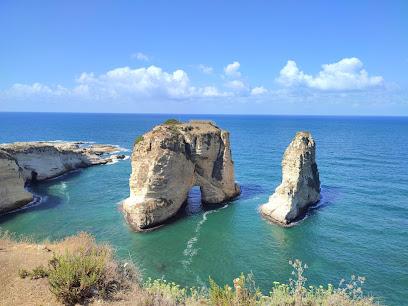
Jeita Grotto
Explore the breathtaking beauty of Jeita Grotto, a UNESCO World Heritage Site in Lebanon known for its stunning limestone formations and serene underground rivers.
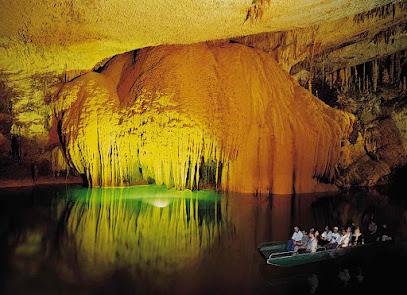
Our Lady of Lebanon بازيليك سيدة لبنان
Discover the serenity and stunning vistas at Our Lady of Lebanon, a remarkable shrine with breathtaking views and rich cultural heritage.
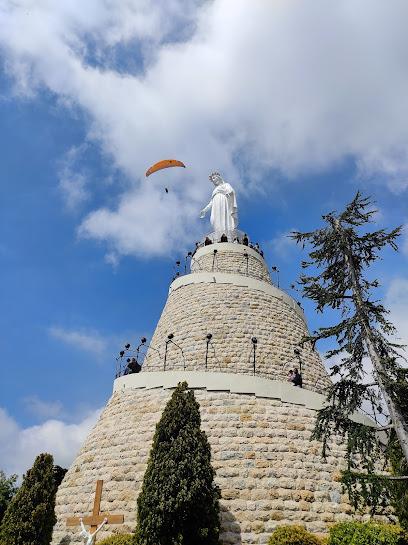
Cedars of God Bsharri
Explore the majestic Cedars of God in Bsharri, a UNESCO World Heritage Site, and immerse yourself in Lebanon's natural beauty and rich history.
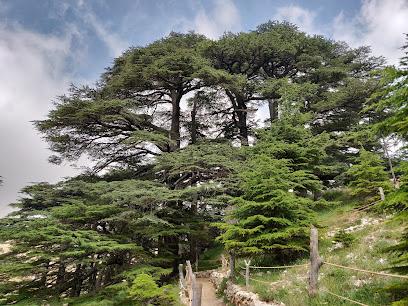
Teleferique du Liban
Experience breathtaking views and thrilling rides at Teleferique du Liban, a premier mountain cable car attraction on Sea Side Road.
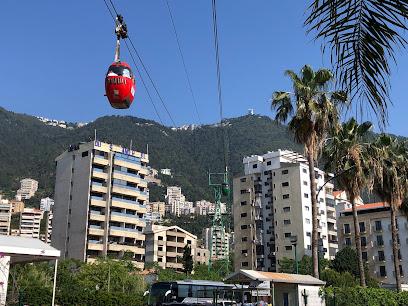
Byblos Citadel
Discover the rich history and stunning views at Byblos Citadel, a treasure of Lebanese culture and heritage.
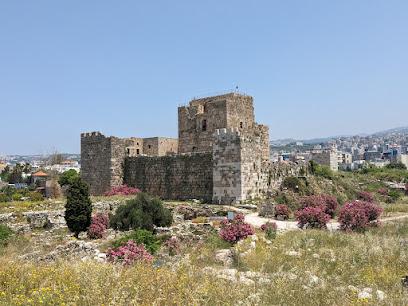
Mohammad Al Amin Mosque
Discover the elegance of the Mohammad Al Amin Mosque, a stunning architectural masterpiece and cultural landmark in the heart of Beirut.
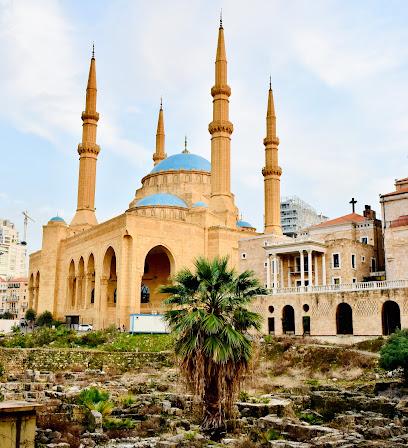
National Museum of Beirut
Explore the National Museum of Beirut, a cultural gem showcasing Lebanon's rich archaeological history and vibrant heritage.
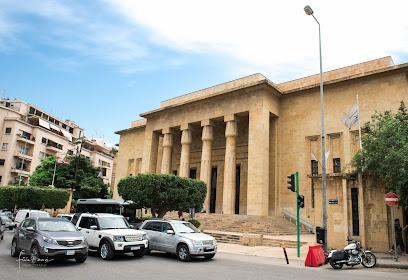
The Old Souq
Experience the vibrant Old Souq of Byblos, where ancient history meets lively market culture in a picturesque seaside city.
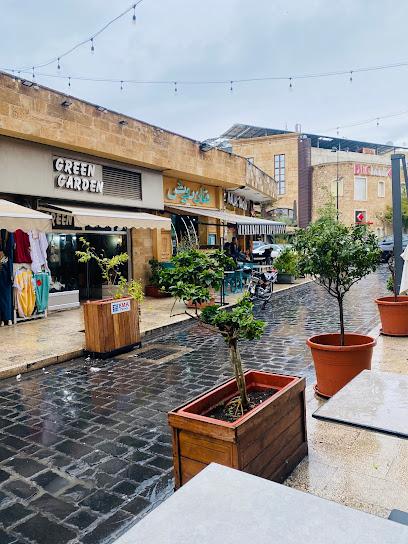
Casino du Liban
Discover the excitement of Casino du Liban, an ultimate destination for luxury gaming, fine dining, and captivating entertainment in Jounieh.
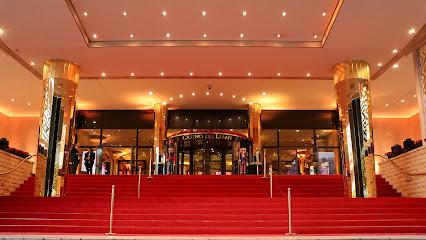
Tripoli Citadel
Discover the rich history and stunning views of the Tripoli Citadel, a majestic fortress reflecting Lebanon's cultural heritage and architectural splendor.
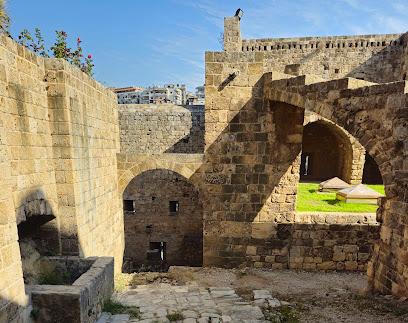
Batroun Old Souk
Discover the charm of Batroun Old Souk, a historical marketplace rich in culture, culinary delights, and vibrant local life along Lebanon's stunning coastline.
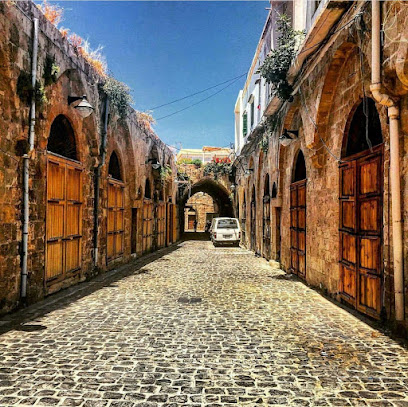
Corniche El Manara, Ain El Mraiseh
Explore the scenic beauty and vibrant culture of Corniche El Manara, a must-visit coastal promenade in the heart of Beirut.
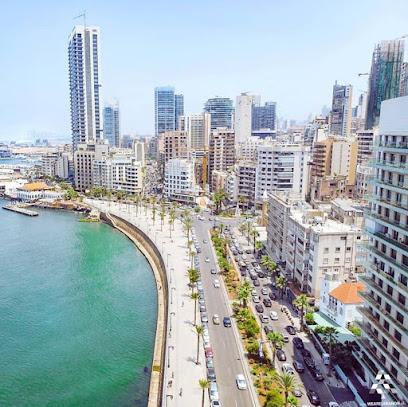
Nicolas Sursock Museum
Explore the Nicolas Sursock Museum in Beirut, where modern art meets Lebanese heritage in a beautifully restored villa.
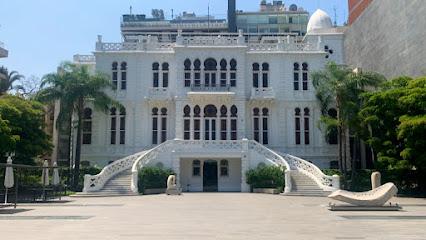
Essential places to dine
Merchak Cafe
Discover the vibrant flavors of Lebanon at Merchak Cafe in Batroun – a culinary gem offering authentic dishes and breathtaking views.
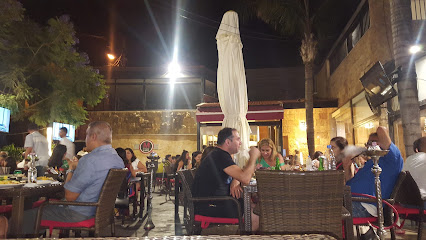
Abu Fadi's Fish Place
Experience the freshest seafood at Abu Fadi's Fish Place in Batroun - where every dish tells a story of Lebanon's rich coastal heritage.
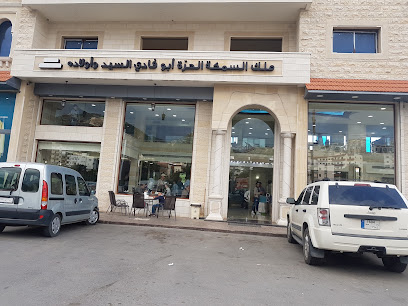
Crepaway Batroun
Experience delectable fast food delights at Crepaway Batroun while enjoying stunning Mediterranean views.
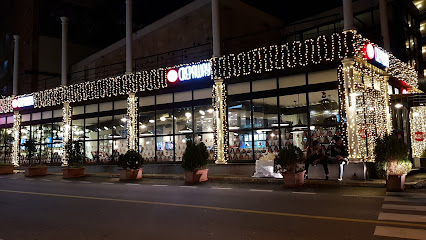
Bolero
Discover Bolero in Batroun - where traditional Lebanese cuisine meets contemporary flair in an unforgettable dining experience.
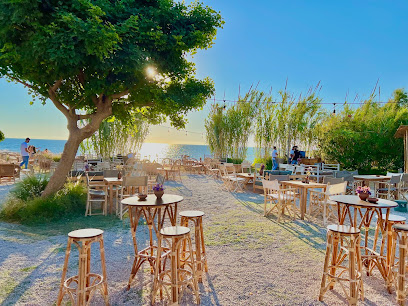
Appetito Trattoria Batroun
Experience authentic Italian cuisine at Appetito Trattoria in Batroun's scenic Diaspora Village—where every dish tells a story.
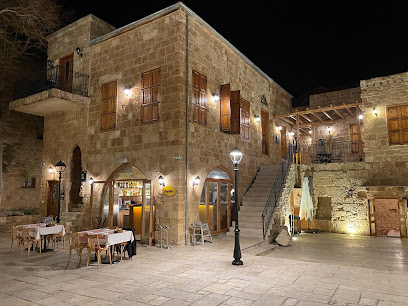
Batrouniyat
Discover Batrouniyat: A must-visit restaurant in Batroun offering authentic Lebanese cuisine with stunning Mediterranean views.
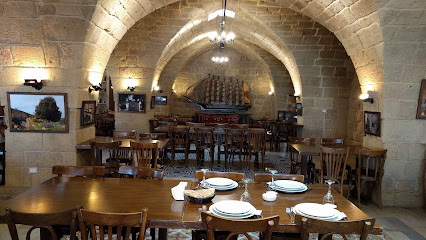
Ray Sur Mer - Restaurant
Experience authentic Lebanese cuisine with stunning Mediterranean views at Ray Sur Mer in Batroun.
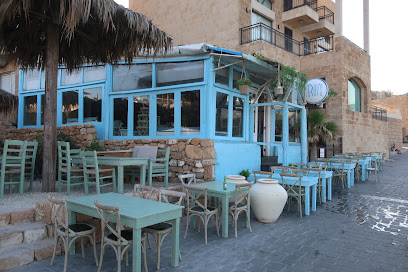
Bistr'eau
Experience exquisite seafood dining at Bistr'eau in Batroun with stunning Mediterranean views.
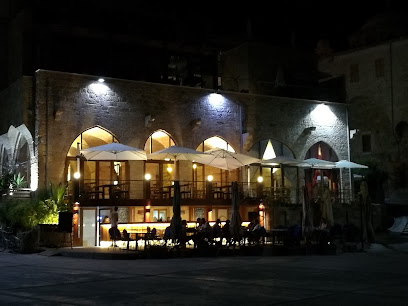
Roadster Diner
Experience American diner classics fused with Lebanese flavors at Roadster Diner in Batroun.
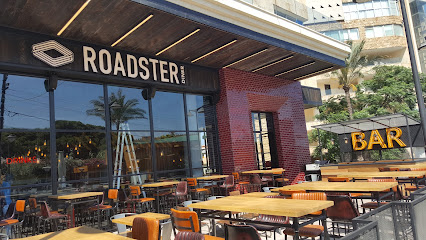
Chez Maguy
Experience authentic Lebanese seafood at Chez Maguy in Batroun with stunning views of the Mediterranean coast.
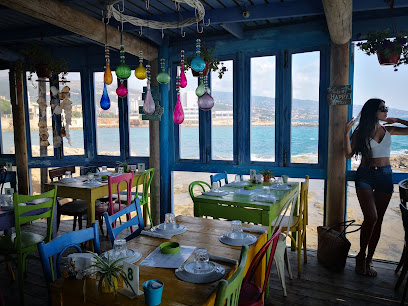
Le Marin
Discover authentic Lebanese cuisine at Le Marin in Batroun – where every dish tells a story of tradition and flavor.
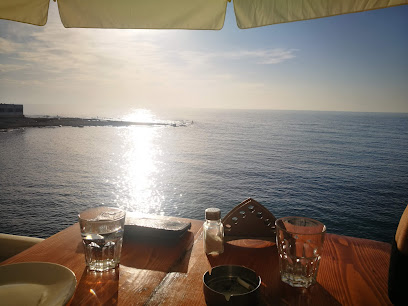
Jammal Restaurant
Experience fresh seafood delights at Jammal Restaurant, where coastal charm meets exquisite Mediterranean flavors.
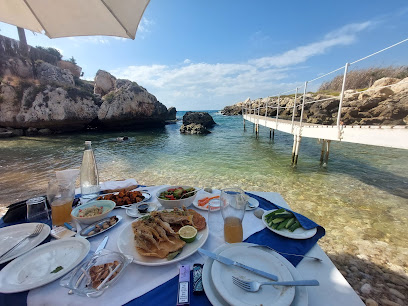
Oyster's Seafood Bar
Experience fresh seafood delights at Oyster's Seafood Bar in Batroun – where every meal is a taste of Mediterranean bliss.
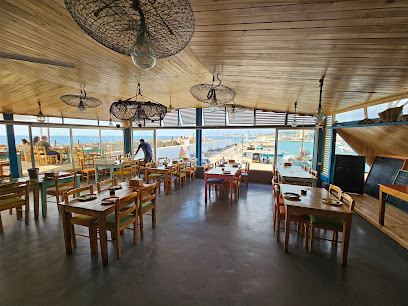
Georges Maalouf Kitchen
Discover authentic Lebanese flavors at Georges Maalouf Kitchen - where tradition meets taste in every delightful dish.
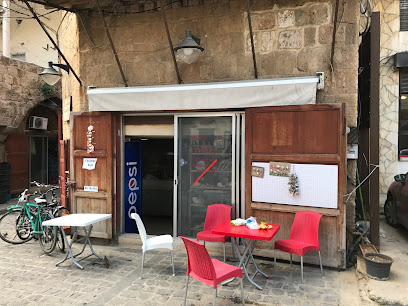
Pierre Y Amigos
Discover authentic Mexican cuisine at Pierre Y Amigos along Lebanon's stunning coastline with breathtaking sea views and vibrant flavors.
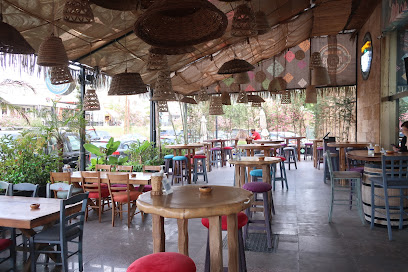
Markets, malls and hidden boutiques
Batroun Old Souk
Explore the historic Batroun Old Souk, a vibrant marketplace brimming with local crafts, delicious cuisine, and rich cultural heritage.
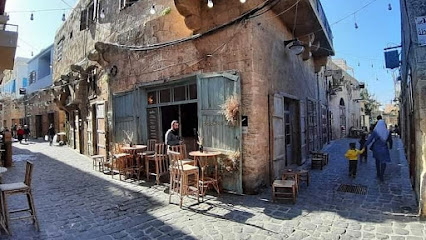
Khoury Shopping Center
Discover the vibrant Khoury Shopping Center in Batroun, Lebanon - your one-stop shop for local and international products.
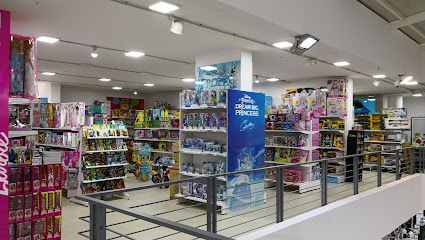
Marche Du Rond Point
Explore the vibrant flavors of Lebanon at Marche Du Rond Point, Batroun's premier supermarket for local produce and culinary delights.
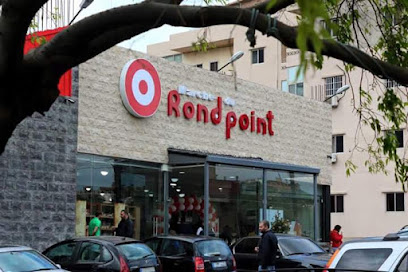
Phoenix Pet Shop
Explore Phoenix Pet Shop for a delightful selection of pets and essential supplies in a welcoming atmosphere, perfect for animal lovers.
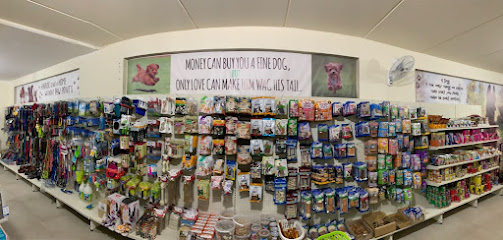
All brands
Experience the ultimate shopping adventure in Batroun's dynamic mall with diverse stores, delectable dining, and family-friendly entertainment.
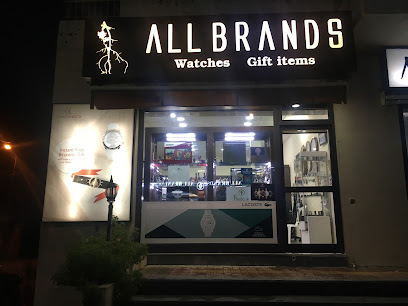
Batroun Supermarket
Discover the flavors of Batroun at Batroun Supermarket, your local grocery haven filled with fresh produce and Lebanese delicacies.
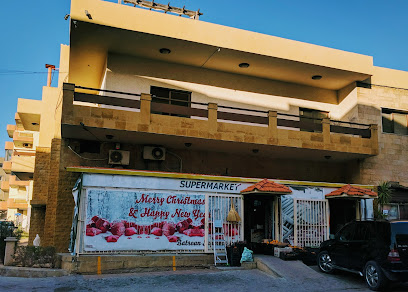
Nasas Premium Outlet.
Discover stylish American clothing at Nasas Premium Outlet in Batroun, a shopper's paradise offering quality apparel and a delightful shopping experience.
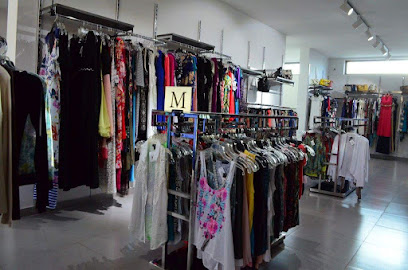
Jewellery khoury
Explore exquisite handcrafted jewelry at Jewellery Khoury in Batroun, showcasing the finest Lebanese artistry and craftsmanship.
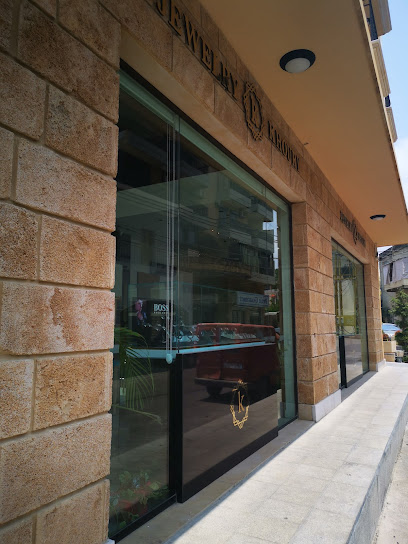
Lea-Ly Jewellery
Explore Lea-Ly Jewellery in Batroun for unique handcrafted jewelry and watches, reflecting the artistry and culture of Lebanon.
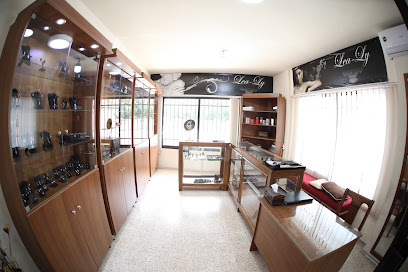
Honey & Nuts
Explore the delightful world of nuts and honey at Honey & Nuts, a must-visit destination in Batroun for tourists seeking local flavors.
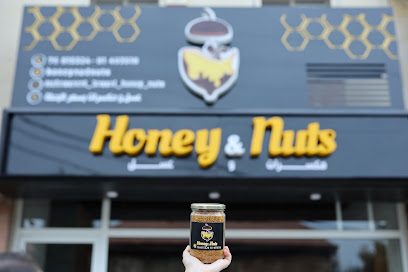
Alicia Flowers
Discover the beauty of floral artistry at Alicia Flowers in Batroun, where every bouquet tells a story of Lebanon's vibrant culture.
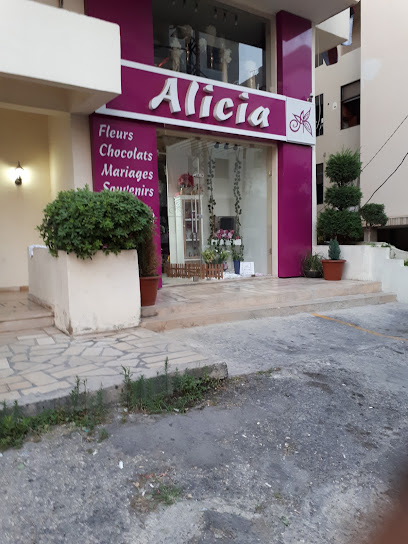
Tres Bien
Discover stylish apparel at Tres Bien in Batroun, where local craftsmanship meets modern fashion trends for an unforgettable shopping experience.
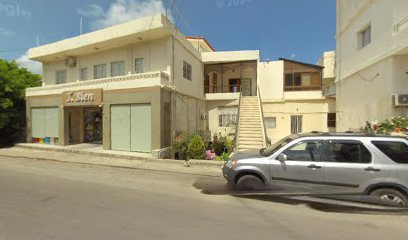
Seaside Avenue
Explore unique handcrafted footwear at Seaside Avenue in Batroun's historic Old Souks, where style meets tradition.
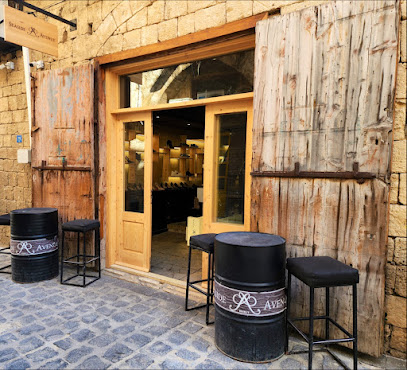
Les Browns & Co
Explore Les Browns & Co in Batroun for exquisite Lebanese furniture and expert repair services, capturing the essence of local craftsmanship.
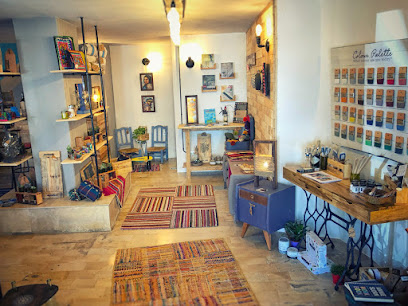
Khan al saboun batroun
Explore Khan al Saboun in Batroun for authentic Lebanese cosmetics, handcrafted soaps, and a touch of local culture in every product.
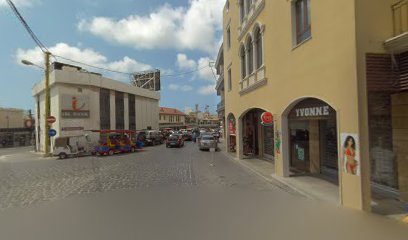
Essential bars & hidden hideouts
Colonel Brewery And Distillery
Explore the delightful blend of craft beer and local cuisine at Colonel Brewery And Distillery in Batroun, Lebanon.
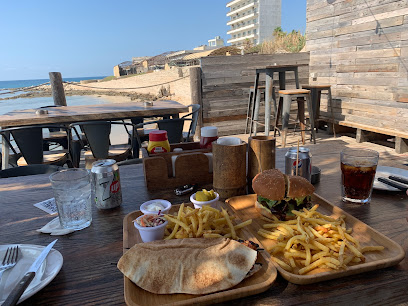
Blubay Beach Batroun
Experience the vibrant atmosphere and stunning sea views at Blubay Beach Batroun, the perfect beach bar for relaxation and socializing.
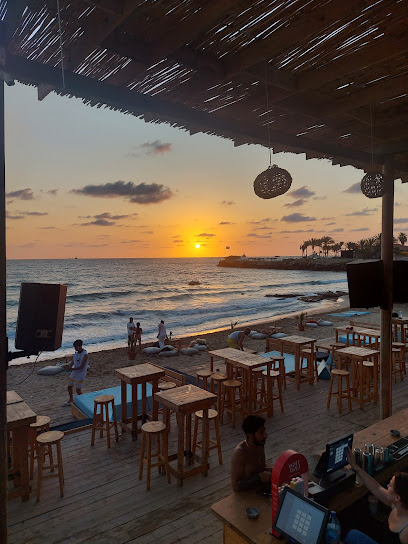
Titans Batroun
Experience the best of Batroun at Titans - a vibrant waterfront lounge offering exquisite drinks and stunning views of the Mediterranean.
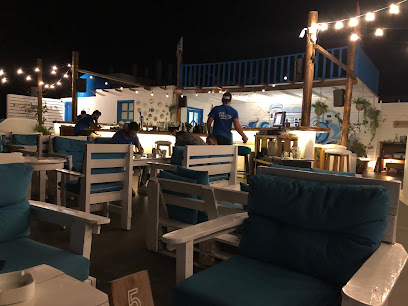
Colonel Reef Beach
Experience the perfect blend of relaxation and adventure at Colonel Reef Beach, Batroun's premier destination for sun, sand, and local brews.
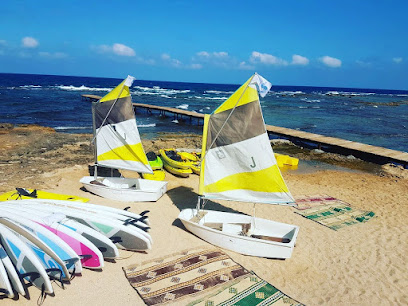
Lamella.lb
Discover the best cocktails and vibrant atmosphere at Lamella.lb, a premier bar in the heart of Batroun's stunning coastline.
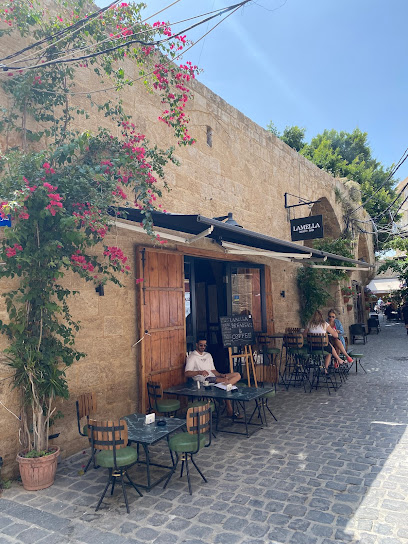
Old Cheers Batroun
Discover the lively nightlife of Old Cheers Batroun, where great drinks, music, and atmosphere come together for an unforgettable experience.
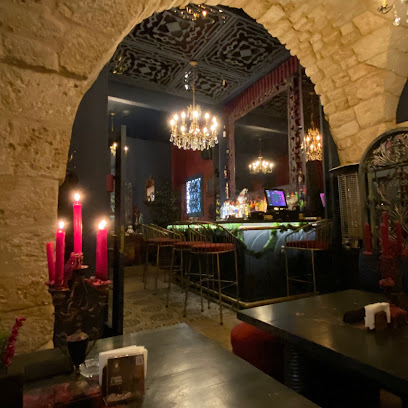
Figo's
Experience the best of Lebanon's cocktail culture at Figo's in Batroun Souk, where every sip tells a story.
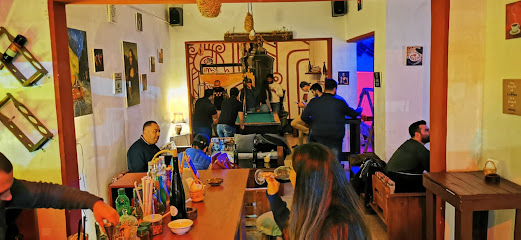
The Designers Bar
Experience the vibrant nightlife of Batroun at The Designers Bar, where innovative cocktails meet stunning seaside views.
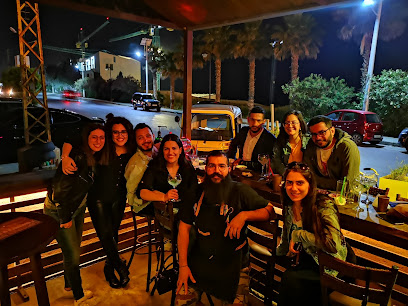
Agave - Tequila Bar
Explore the heart of Batroun's nightlife at Agave, a premier tequila bar offering an unforgettable experience with a diverse selection of tequila and vibrant atmosphere.
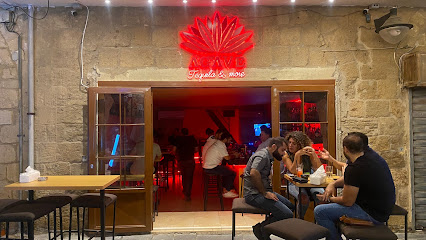
Moubs Bar
Experience the vibrant nightlife of Moubs Bar in Batroun, where exceptional drinks and seaside views come together for an unforgettable evening.
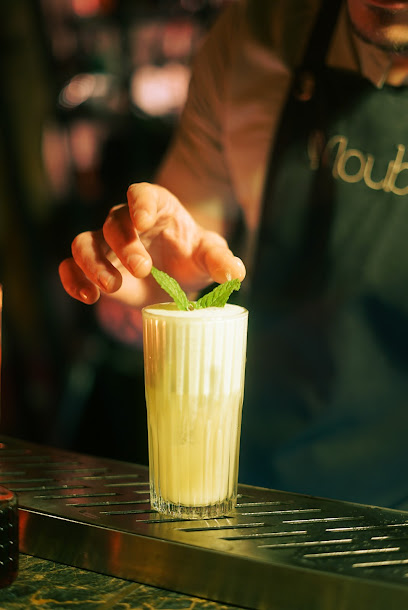
The malt gallery
Experience Batroun's vibrant nightlife at The Malt Gallery, where exquisite drinks and stunning views create unforgettable moments.
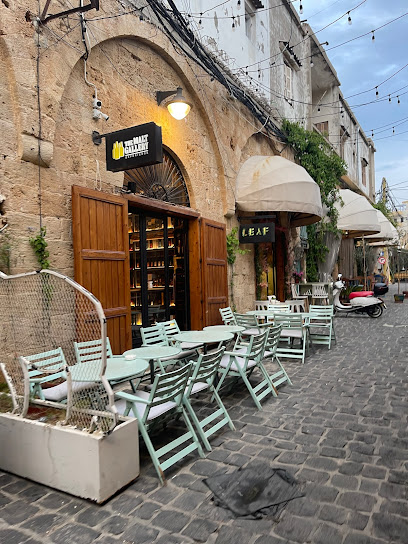
Jet Set Batroun
Discover Jet Set Batroun, a lively bar in the heart of Batroun Old Souk, offering stunning views, delicious drinks, and a vibrant atmosphere.
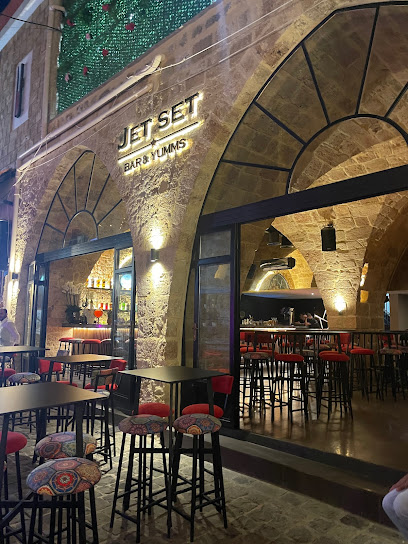
LaTasca
Discover the vibrant nightlife of Lebanon at LaTasca, where great drinks and a lively atmosphere await every visitor.
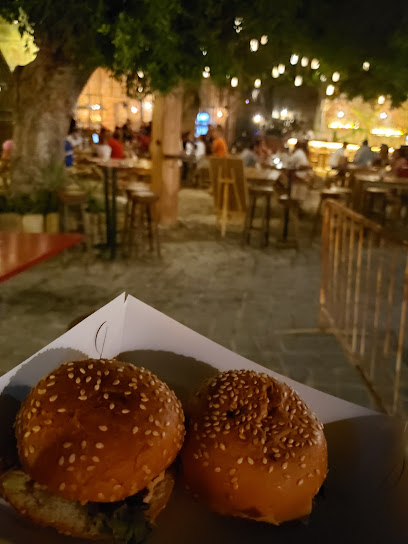
Blini Batroun
Discover the vibrant nightlife at Blini Batroun, where exquisite cocktails meet breathtaking sea views in the heart of Lebanon's charming coastal town.
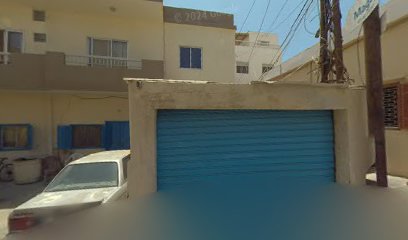
Travel experiences inspired by this city
Explore more travel diariesLocal Phrases
-
- HelloMarhaba
[mar-ha-ba] - GoodbyeMa'a as-salama
[ma-a as-sa-la-ma] - YesNa'am
[na-am] - NoLa
[la] - Please/You're welcomeMin fadlik
[min fad-lik] - Thank youShukran
[shuk-ran] - Excuse me/SorryAasef
[aa-sef] - How are you?Kifak?
[ki-fak] - Fine. And you?Mni7. W inta?
[mni-h. w in-ta] - Do you speak English?Bte7ki englezi?
[bte-h-ki en-gle-zi] - I don't understandAna ma fahim
[a-na ma fa-him]
- HelloMarhaba
-
- I'd like to see the menu, pleaseBaddi shuf il menu, min fadlik
[bad-di shuf il me-nu, min fad-lik] - I don't eat meatMa bakkol la7me
[ma bak-kol la-hme] - Cheers!Sahtein!
[sa-h-tein] - I would like to pay, pleaseBaddi selle, min fadlik
[bad-di sel-le, min fad-lik]
- I'd like to see the menu, pleaseBaddi shuf il menu, min fadlik
-
- Help!3awni!
['awni] - Go away!Rou7!
[rouh] - Call the Police!Ussil il harb!
[us-sil il har-b] - Call a doctor!Ussil tabib!
[us-sil ta-bib] - I'm lostAna 7ateet
[a-na ha-teet] - I'm illAna mareed
[a-na ma-reed]
- Help!3awni!
-
- I'd like to buy...Baddi ashtar...
[bad-di ash-tar] - I'm just lookingAna bas ba3rif
[a-na bas ba-arif] - How much is it?Bi kam hadda?
[bi kam had-da] - That's too expensiveHada ghali kteer
[ha-da gha-li ktee-r] - Can you lower the price?Bi ta3i il siir?
[bi ta-i il seer]
- I'd like to buy...Baddi ashtar...
-
- What time is it?Shu sa3a?
[shu sa-a] - It's one o'clockSa3a wahda
[sa-a wah-da] - Half past (10)Nisf bi 3aashra
[nisf bi aash-ra] - MorningSaba7
[sa-bah] - AfternoonDuhur
[du-hur] - Evening3asha
[3a-sha] - YesterdayMbare7
[m-ba-reh] - TodayLyom
[lyom] - TomorrowGhadan
[gha-dan] - 1Wahad
[wa-had] - 2Ithnayn
[ith-nayn] - 3Talata
[ta-la-ta] - 4Arba3a
[ar-ba-a] - 5Khamsa
[kham-sa] - 6Sitta
[sit-ta] - 7Saba3a
[sa-ba-a] - 8Thamania
[tha-ma-ne-a] - 9Tis3a
[tis-a] - 103ashra
[aash-ra]
- What time is it?Shu sa3a?
-
- Where's a/the...?Wayn il...
[wayn il] - What's the address?Shu huwe il 3enwan?
[shu hu-we il 3en-wan] - Can you show me (on the map)?Bi turiini (3al khareeta)?
[bi tu-rii-ni (3al kha-ree-ta)] - When's the next (bus)?Emta il sayara il tayyibe?
[em-ta il sa-ya-ra il tay-yi-be] - A ticket (to ....)Talat (ila ...)
[ta-lat (i-la)]
- Where's a/the...?Wayn il...
History of Batroun
-
Batroun, one of the oldest cities in the world, traces its origins back to the Phoenicians. The name 'Batroun' is derived from 'Botrys,' which was the Greek name for the city, meaning 'grapevine.' The Phoenicians, renowned for their seafaring and trading prowess, established Batroun as a strategic port city, facilitating trade across the Mediterranean. The remnants of the Phoenician sea wall, which was built to protect the city from tidal waves, still stand today as a testament to their engineering skills.
-
During the Roman era, Batroun flourished as a significant hub in the Roman Empire. The Romans expanded the city's infrastructure, building roads, aqueducts, and temples. One of the most notable Roman structures in Batroun is the ancient Roman theater, parts of which can still be seen today. The city's strategic location along the coastal highway from Beirut to Tripoli made it an essential stop for travelers and traders during Roman times.
-
The Byzantine Empire took control of Batroun following the decline of the Roman Empire. The city became an important religious center, with several churches built during this period. In the 12th century, the Crusaders captured Batroun and incorporated it into the County of Tripoli, one of the Crusader states. They constructed fortifications to protect the city from invaders, including the remains of a Crusader castle that can still be explored today.
-
Batroun became part of the Ottoman Empire in the 16th century and remained under Ottoman rule until World War I. The city experienced relative peace and stability during this time, allowing it to develop its agricultural and maritime industries. The traditional souks (markets) of Batroun, with their narrow streets and vibrant stalls, reflect the Ottoman influence and are a popular attraction for visitors today.
-
Following the fall of the Ottoman Empire, Batroun became part of the French Mandate of Lebanon until the country's independence in 1943. In the modern era, Batroun has evolved into a charming coastal town known for its historic sites, beaches, and lively nightlife. The town's rich history and cultural heritage are celebrated through various festivals and events, making it a vibrant destination for travelers seeking both relaxation and historical exploration.
Batroun Essentials
-
Batroun is located in the North Governorate of Lebanon, approximately 50 kilometers north of Beirut. The nearest international airport is Beirut-Rafic Hariri International Airport. From Beirut, you can take a taxi, a private car, or a bus to Batroun. The journey typically takes around 1 to 1.5 hours by road, depending on traffic conditions. For a more scenic route, you can drive along the coastal highway, enjoying views of the Mediterranean Sea.
-
Within Batroun, getting around is relatively easy. The town is small and many attractions are within walking distance. Taxis are also readily available and can be hired for short trips or day tours. For those who prefer public transport, minibuses and buses operate between Batroun and surrounding towns. Renting a car is another convenient option, especially if you plan to explore the wider area at your own pace.
-
The official currency in Lebanon is the Lebanese Pound (LBP), but US Dollars (USD) are also widely accepted. Credit cards are commonly accepted in hotels, restaurants, and larger shops, though smaller establishments and local markets may prefer cash. ATMs are available throughout Batroun, allowing you to withdraw local currency as needed. It is advisable to carry some cash for smaller purchases and tips.
-
Batroun is generally considered a safe destination for tourists. However, it is wise to take standard precautions. Avoid walking alone late at night in poorly lit areas and keep an eye on your belongings in crowded places. While Batroun does not have specific high-crime areas targeting tourists, staying vigilant and aware of your surroundings is always a good practice.
-
In case of emergency, dial 112 for police assistance or 140 for medical emergencies. Batroun has a local police station and medical facilities that can provide immediate assistance. For minor health issues, there are pharmacies available where you can purchase over-the-counter medications. It is recommended to have travel insurance that covers medical emergencies and other unexpected incidents.
-
Fashion: Do dress modestly, especially when visiting religious sites. Avoid wearing overly revealing clothing. Religion: Do respect local customs and traditions. When visiting churches, it is customary to cover your shoulders and knees. Public Transport: Do be respectful and give up your seat to elderly passengers. Don’t eat or drink on public transport. Greetings: Do greet people with a handshake, and use polite forms of address. Eating & Drinking: Do try local delicacies and accept food offerings graciously. Don’t refuse hospitality, as it is considered impolite.
-
To experience Batroun like a local, visit the old souks where you can find traditional Lebanese goods and fresh produce. Engage with locals, who are often friendly and willing to share stories about the town's history and culture. Don’t miss visiting the historic Phoenician Wall and the Batroun Sea Road. For a unique experience, try the local lemonade, which Batroun is famous for. Enjoy the vibrant nightlife and beach clubs that offer a mix of local and international music.
Trending Landmark in Batroun
Nearby Cities to Batroun
-
Things To Do in Byblos
-
Things To Do in Jounieh
-
Things To Do in Bcharre
-
Things To Do in Broummana
-
Things To Do in Beirut
-
Things To Do in Aley
-
Things To Do in Zahle
-
Things To Do in Baalbek
-
Things To Do in Deir el Qamar
-
Things To Do in Anjar
-
Things To Do in Sidon
-
Things To Do in Rashaya
-
Things To Do in Marjayoun
-
Things To Do in Tyre
-
Things To Do in Rosh HaNikra














